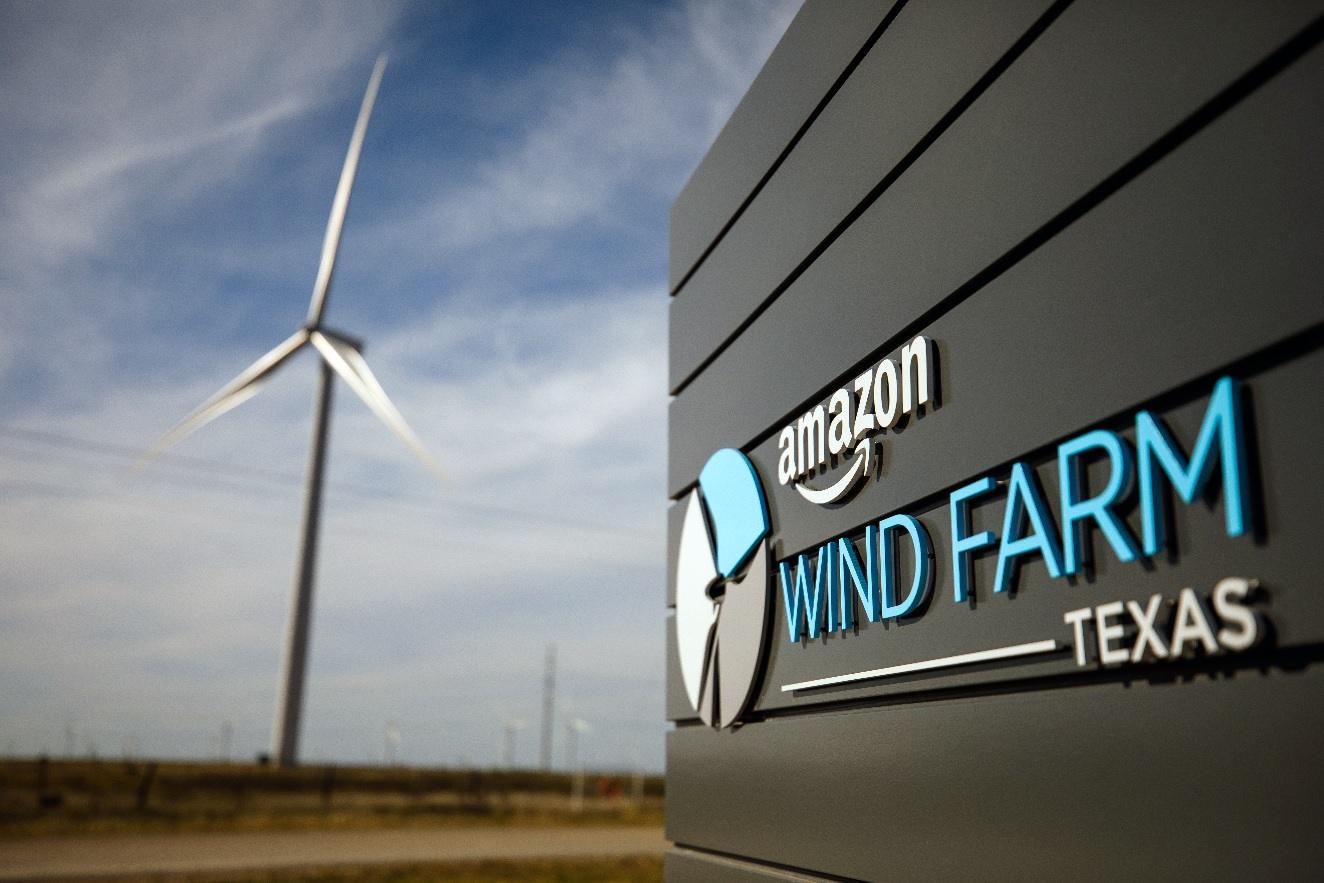UK Launches Industrial Decarbonization Strategy, Allocates £1B to Emissions Reduction Projects
UK Business and Energy Secretary Kwasi Kwarteng announced today the launch of a new Industrial Decarbonisation Strategy, setting out the government’s vision developing a low carbon industrial sector. Along with the launch, Kwarteng also announced the allocation of over £1 billion to projects aiming to advance decarbonisation infrastructure and to reduce emissions from public buildings, including schools and hospitals.
According to the Department for Business, Energy & Industrial Strategy, the announcement forms part of the government’s path to net zero by 2050. In November 2020, Prime Minister Boris Johnson launched a 10-point plan for the UK’s Green Industrial Revolution, earmarking tens of billions of pounds of investments in areas including renewable energy, clean mobility and green building initiatives. Johnson followed up a few weeks later with a new 2030 climate target for the country, aiming to reduce UK greenhouse gas (GHG) emissions by at least 68% by 2030, committing to a Nationally Determined Contribution (NDC) under the Paris climate agreement.
Kwarteng said:
“We were the first major economy to put into law our target to end our contribution to climate change, and today we’re taking steps to be the first major economy to have its own low carbon industrial sector.
“While reaching our climate targets will require extensive change across our economy, we must do so in a way that protects jobs, creates new industries and attracts inward investment – without pushing emissions and business abroad.”
The investments allocated under the new strategy include £932 million directed to hundreds of projects across the UK to reduce carbon emissions from public buildings by funding low carbon heating systems, such as heat pumps, and energy efficiency measures like insulation and LED lighting. Another £171 million will be invested in 9 green tech projects to undertake engineering and design studies for the rollout of decarbonisation infrastructure, such as carbon capture, usage and storage (CCUS) and hydrogen.
The Department stated that it expects today’s announcements to help unleash private capital to join in the climate fight.
Energy company Equinor, a partner in three of the projects targeted for investment under the new strategy (Zero Carbon Humber, Net Zero Teesside, and Northern Endurance Partnership), said that it and its and its partners will now progress these projects in order to create the world’s first net zero industrial cluster by 2040.
Irene Rummelhoff, Executive Vice President for Marketing, Midstream & Processing in Equinor, said:
“The shared challenge of climate change requires governments, industries and societies to come together. This funding award from the UK authorities shows this working in practice and we are delighted that these three pioneering projects have been successful. Working with our partners and stakeholders, Equinor will continue to apply our capabilities to deliver these projects, so together we can demonstrate the significant value that carbon capture & storage and hydrogen offer to communities and countries in a net zero future.”
The government will also introduce new rules on measuring the energy and carbon performance of the UK’s largest commercial and industrial buildings, including office blocks and factories. Other key commitments from the new strategy include using carbon pricing as tool for getting industry to take account of their emissions in business and investment decisions, and establishing policy frameworks to ensure uptake of fuel switching in industry from fossil fuels to low carbon alternatives such as hydrogen, electricity or biomass.
Additionally, the strategy sets an expectation that industrial emissions will fall by two-thirds by 2035, and by at least 90% by 2050, compared to 2018 levels, and that at least 3 megatons of CO2 is captured within industry per year by 2030.
Kwarteng added:
“Ahead of COP26, the UK is showing the world how we can cut emissions, create jobs and unleash private investment and economic growth. Today’s strategy builds on this winning formula as we transition low carbon and renewable energy sources, while supporting the competitiveness of Britain’s industrial base.”





